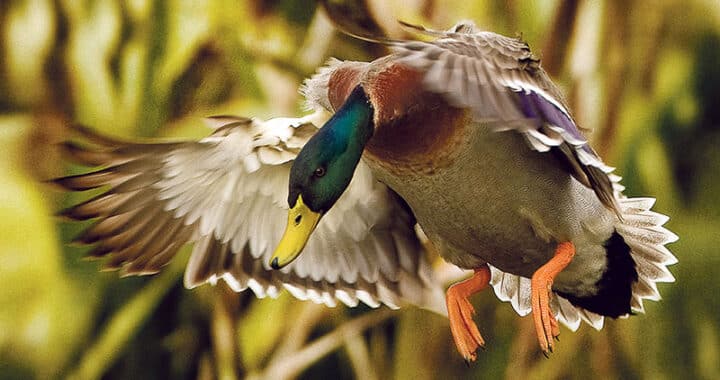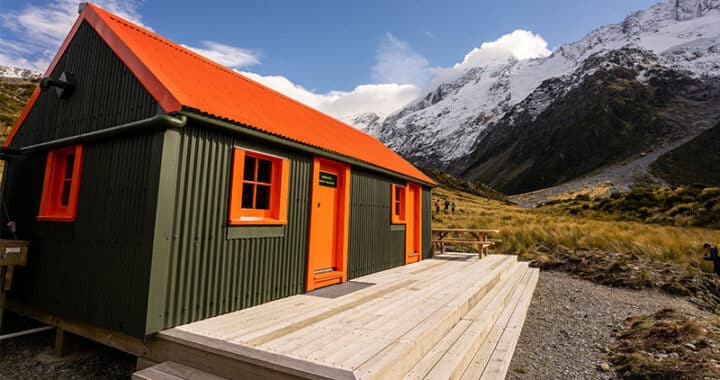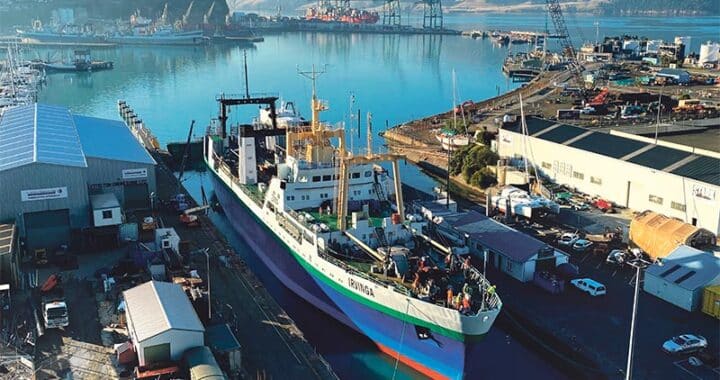DOC’s wild animal plan misses the mark on climate: Forest & Bird
2 min read
The group says the animal framework should define how NZ's forests, wildlife, and climate will be protected from browsing pests. Photo: Diana Parkhouse | Unsplash
Conservation advocate Forest & Bird is concerned that the Department of Conservation’s (DOC) plan for feral deer and pigs misses the mark on climate, as it fails to mention carbon emissions.
“When DOC publishes plans that talk about ‘improving the quality of game animals’ it’s clear they’ve lost their way. They need strong direction from their Minister that biodiversity and climate change must be their priorities,” said Nicola Toki, Forest & Bird’s chief executive.
The conservation group says the animal framework should definite how New Zealand’s forests, wildlife, and climate will be protected from browsing pests and how the country’s carbon sinks will be looked after.
It says that DOC has a massive role in helping achieve the Government’s climate change and biodiversity plans, yet the framework “totally misses the mark”.
“This framework is out of touch, and inconsistent with wider government and community aims around climate change and biodiversity. Coming so soon after the Emissions Reduction Plan and the government’s commitment to nature-based solutions, it’s a glaring omission that this framework doesn’t even mention carbon despite the massive carbon damage caused by invasive deer, pigs, and goats,” Toki said.
The new adaptive framework has been developed by DOC working with the Game Animal Council (GAC).
In a Facebook post, GAC said, “Te Ara ki Mua ensures a balanced, realistic, and progressive approach to the management of game animals. It provides the opportunity to create enduring solutions through regional and site-based management programmes that involve local communities, including hunters.”
However, Forest & Bird says that according to a report released last year by the group, controlling feral browsing pests “would increase the carbon sequestration of native ecosystems by 8.4 million tonnes of CO2 per year, which is equivalent to nearly 15% of New Zealand’s 2018 net greenhouse gas emissions.”
“Treating New Zealand’s native forests as a free lunch for deer, pigs, and goats is such a missed opportunity for wildlife and the climate, and it’s gutting for all the community groups putting in the hard yards to protect nature,” said Toki.



